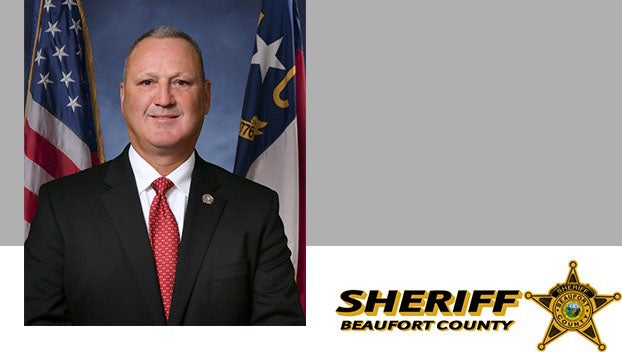BBB offers tips for applying for FAFSA safely
Published 6:46 pm Wednesday, February 3, 2016
From Better Business Bureau
RALEIGH — With the rising cost of college tuition, completing the Free Application for Federal Student Aid (FAFSA) has become the first step toward getting money for the majority of students. While the state of North Carolina does not have a deadline for their awards, FAFSA suggests submitting the application as soon as possible after Jan. 1 because awards are given out until funds are depleted.
Along with the increase of students applying for FAFSA, an increase in related scams has occurred as well. BBB serving eastern North Carolina is offering helpful tips for staying scam free when filling out a FAFSA.
Saving one’s money
Families should not have to pay for assistance in finding money for college. Financial aid advice services can be costly, sometimes asking well over $1,000. Scammers will try to pressure families into paying money up front by using unfavorable marketing tactics. It is important to utilize the free assistance that is available you. Students can contact the financial aid office at their college or the college(s) they are applying to. For free online support, students should access FAFSA’s help center at www.fafsa.gov, or visit the Federal Student Aid Information Center.
Saving one’s identity
Scammers target students who are applying for FAFSA because they are new consumers. This leads to them being bombarded with appealing offers for credit cards, scholarships and “free” offers for various products. Scammers even use fake FAFSA websites, tricking students into providing their personal and financial information, subsequently putting themselves at risk for identity theft. In order to stay protected make sure to follow these steps:
- When completing a FAFSA application, make sure to log out and close the browser. Any cookies created during the session will be deleted automatically.
- Keep personal documents and receipts in a safe place and shred when finished with them.
- Do not share a Federal Student Aid PIN with anyone.
- Review financial aid award documents carefully and keep track of the money amounts applied for and received.
Reporting financial aid fraud
It is important to know that if an organization is charging fees for financial aid or FAFSA application advice, they are not actually committing fraud unless they do not deliver what is promised. Nonetheless, if one suspects that personal, financial or student information has been stolen, act quickly. If one is a victim of financial aid scams, use these resources for assistance:
- U.S Department of Education Office of Inspector General Hotline
- Federal Trade Commission
For additional information and tips regarding financial aid and loan scams, visit bbb.org.
About BBB serving eastern North Carolina
Better Business Bureau serving eastern North Carolina is a 501(c)(6) not-for-profit corporation serving 33 counties in eastern North Carolina. The organization is funded primarily by BBB Accredited Business fees from more than 3,000 local businesses and professional firms. BBB promotes integrity, consumer confidence and business ethics through business self-regulation in the local marketplace. Services provided by BBB include reports on companies and charitable organizations, general monitoring of advertising in the marketplace, consumer/business education programs and dispute resolution services. All services are provided at no cost to the public, with the occasional exception of mediation and arbitration. Visit bbb.org.





